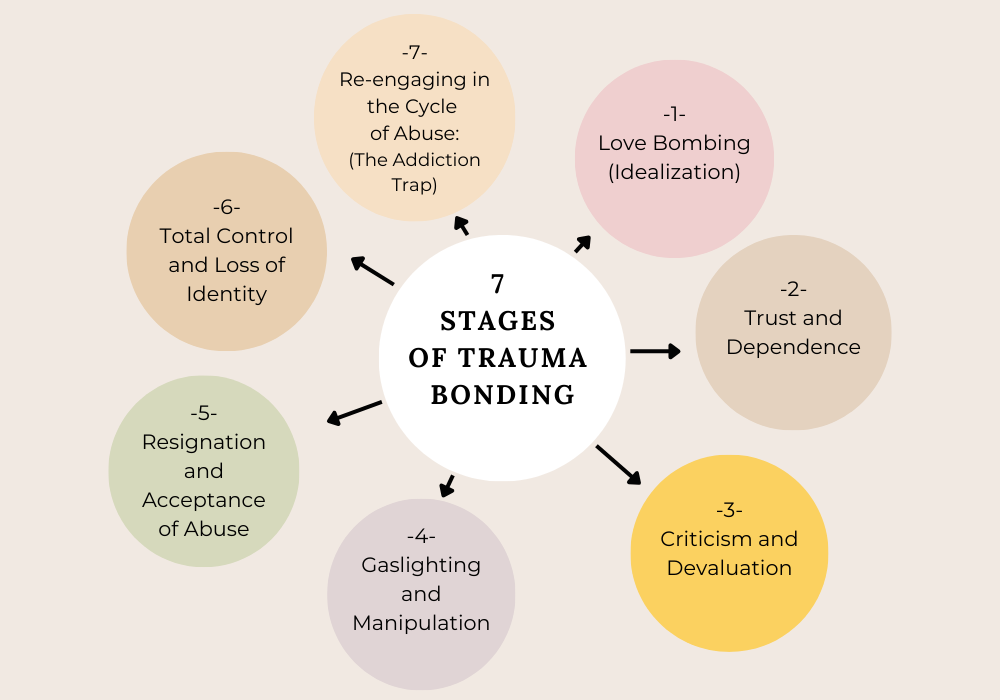Karma is a term that often comes up in discussions about fate, destiny, and spirituality. But what exactly does it mean? In essence, karma is the belief that our actions carry consequences. Every thought, word, or deed we put out into the world is like planting a seed, which can grow into positive or negative outcomes.
While many of us are familiar with the term, how well do we actually understand it? Whether we hear about it in movies, spiritual teachings, or everyday chats, karma is often seen as a kind of cosmic balancing act. But what are the laws of karma, and how do they shape our lives?
In this article, we’ll dive into the true essence of karma, exploring its philosophy and the 12 fundamental principles, known as the 12 laws of karma
What is Karma?
Karma is a key idea in Eastern philosophy and spirituality, which means that everything we do, whether it’s our actions, thoughts, or words—creates energy that will eventually come back to us. The word “karma” comes from Sanskrit and translates to “action” or “deed.” It’s like a spiritual law of cause and effect: what you put out into the world, whether good or bad, will return to you somehow. This concept is found in religions like Hinduism, Buddhism, and Jainism, where karma isn’t just about fate but also a guide for living a good and ethical life. It reminds us to be mindful of our actions because they shape our future and affect the people around us.
The Origins of “Karma”:
The idea of “karma” comes from ancient Indian religions like Hinduism, Buddhism, and Jainism. The word “karma” means “action” or “deed” in Sanskrit, and it’s all about how our actions have consequences that can affect our future lives through the cycle of rebirth (samsara).
In Hinduism, karma started with rituals but grew into a bigger idea about living ethically, as explained in texts like the Upanishads and Bhagavad Gita. Buddhism, founded by Siddhārtha Gautama, teaches that the intentions behind our actions affect our suffering and rebirth, with the ultimate goal of reaching nirvana. Jainism views karma as something that sticks to the soul and emphasizes strict ethical behavior to achieve liberation. Despite their differences, all these religions agree that our actions matter and play a big role in our spiritual journey.
The Three Types of Karma:
Karma isn’t one-size-fits-all; different types explain how our past, present, and future actions influence our lives. In Hinduism, karma is typically split into three categories: Sanchita Karma, Prarabdha Karma, and Kriyamana (or Agami) Karma. Each type represents a different aspect of our accumulated actions and their effects.
1-Sanchita Karma: Accumulated Actions
Sanchita Karma includes all the actions and deeds you’ve accumulated from your past. You can’t change these past actions, but you can only wait for their effects to unfold. It’s the total collection of karma from all your previous lifetimes and every action you’ve ever taken.
2-Prarabdha Karma: Actions Bearing Fruit
Prarabdha Karma is part of your past actions that affect your current life, like the ripe fruit of your past deeds shaping who you are today. You can’t avoid or change it; you simply experience it and let it run its course. This karma actively influences your present circumstances and must be lived through until it’s fully worked out, making it something you can’t escape until it’s exhausted.
3-Kriyamana Karma: Current Actions
Kriyamana Karma is the karma we’re creating right now with our current actions. It’s like the choices we make every day that will impact our future. “What we do today adds to our future karma.”
What are the 12 laws of karma?
1-The Law of Cause and Effect:
The first and most fundamental law in the 12 laws of karma also known as the Great Law, is perhaps the most well-known law of karma stating that whatever we put out into the universe comes back to us. This principle encourages us to act and think positively, as these will bring positive results in return. It reminds us that we are the creators of our own lives, shaping our future through our actions.
Even small deeds can have big effects, so it’s important to be mindful in our daily lives.
It’s similar to Newton’s third law in science: for every action, there’s an equal and opposite reaction.
2-Law of Creation:
The Law of Creation, one of the laws of karma, says that we create our reality through our thoughts, intentions, and actions. It reminds us that we’re not just watching life happen—we’re making it happen. By focusing on what we want and taking steps toward our goals, we can shape our lives and make our dreams come true. This law encourages us to take responsibility, set clear goals, and actively work toward a life that reflects what we truly care about.
3-The Law of Humility
The Law of Humility teaches that to change something in your life, you first need to accept what’s currently happening. Successful people often embody this trait—they’re strong, kind, generous, and humble. But before they reached success, they had to accept certain truths about themselves and the world around them.
Owning your story involves recognizing what you can’t control and focusing on what you can do. It also means accepting how your past actions might not have served you well and acknowledging the role you played in creating some bad karma. This allows you to forgive yourself and move forward.
The Law of Humility shows that accepting our past mistakes and flaws is key to personal growth. By doing so, we create a path for real change and progress.
4-The Law of Growth:
The Law of Growth says that real change starts with you. To make a difference in the world, you first need to focus on your own growth and mindset. Instead of trying to change others, work on improving yourself, because true change happens when you develop from within.
5-The Law of Responsibility:
The Law of Responsibility reminds us that we are in charge of our own karma. We can’t blame others for the results of our actions. By owning our choices and behavior, we gain the power to shape the life we want.
6-The Law of Connection:
The Law of Connection, a key principle in the laws of karma, highlights the deep interconnection between all aspects of life. Our past, present, and future are intricately linked, meaning that our actions in one area can significantly impact other areas.
By understanding this connection, we can approach life with greater compassion and empathy, knowing that what we do today directly influences who we become tomorrow.
This law urges us to see the bigger picture and recognize how our choices shape not only our own lives but also the world around us.
7-The Law of Focus:
The Law of Focus advises us to concentrate on one task at a time. By concentrating on our goals and values, we can achieve them more effectively. Scattered energy and distractions can hold us back, but when we stay focused, we’re more likely to make progress and avoid negative karma.
Related: Stay Focused with These 15 Essential Tips
8-The Law of Giving and Hospitality:
The Law of Giving and Hospitality encourages us to be kind and generous, opening our hearts to others. By sharing our time, resources, and love without expecting anything in return, we attract blessings and abundance. Acts of kindness bring joy to both the giver and the receiver, making life more fulfilling.
9-The Law of Here and Now:
The Law of Here and Now, one of the famous laws of karma, reminds us to focus on the present moment. The past is over, and the future is unknown, so all we truly have is right now. By staying mindful and living fully in the present, we can make the most of our experiences and create positive karma.
10-The Law of Change:
The Law of Change, a principle within the laws of karma, recognizes that life is constantly evolving. Everything is in a state of flux, and by embracing change and adapting to new circumstances, we align ourselves with the natural rhythms of the universe. This law also teaches that patterns will continue to repeat in our lives until we consciously recognize and address them. By learning from our experiences and being open to transformation, we can break negative cycles, create positive karma, and shape a more fulfilling future.
Related: 15 Powerful Ways to Embrace Change in Your Life
Related: The Power of Mindset Transformation: 15 Keys to Success
11-The Law of Patience and Reward:
The Law of Patience and Reward highlights the importance of patience and persistence. It teaches that success and fulfillment come from steady effort over time, not from quick fixes or shortcuts. By remaining patient and trusting that our hard work will eventually pay off, we can build positive karma and reach our goals.
12-The Law of Significance and Inspiration:
The last law of the laws of karma, the Law of Significance and Inspiration, tells us that even small actions matter. What we do can inspire and lift others, creating a wave of positive change. This law reminds us to see the value in our efforts and encourages us to make a positive impact on those around us. It highlights how our actions, no matter how small, influence our future and the world, connecting with the broader principles of karma.
Conclusion:
Karma isn’t just a spiritual idea; it’s a practical way to live a meaningful and fulfilling life. The ‘12 laws of karma’ show us how everything is connected and how powerful our actions can be. By understanding and applying these principles, we can bring positive changes to our lives and the world around us. Every action matters, and we have the power to shape our future through the choices we make.
These laws guide us to be mindful of our thoughts and actions, helping us live with wisdom, kindness, and compassion. Let’s focus on creating positive karma and making the world a better place for everyone.









